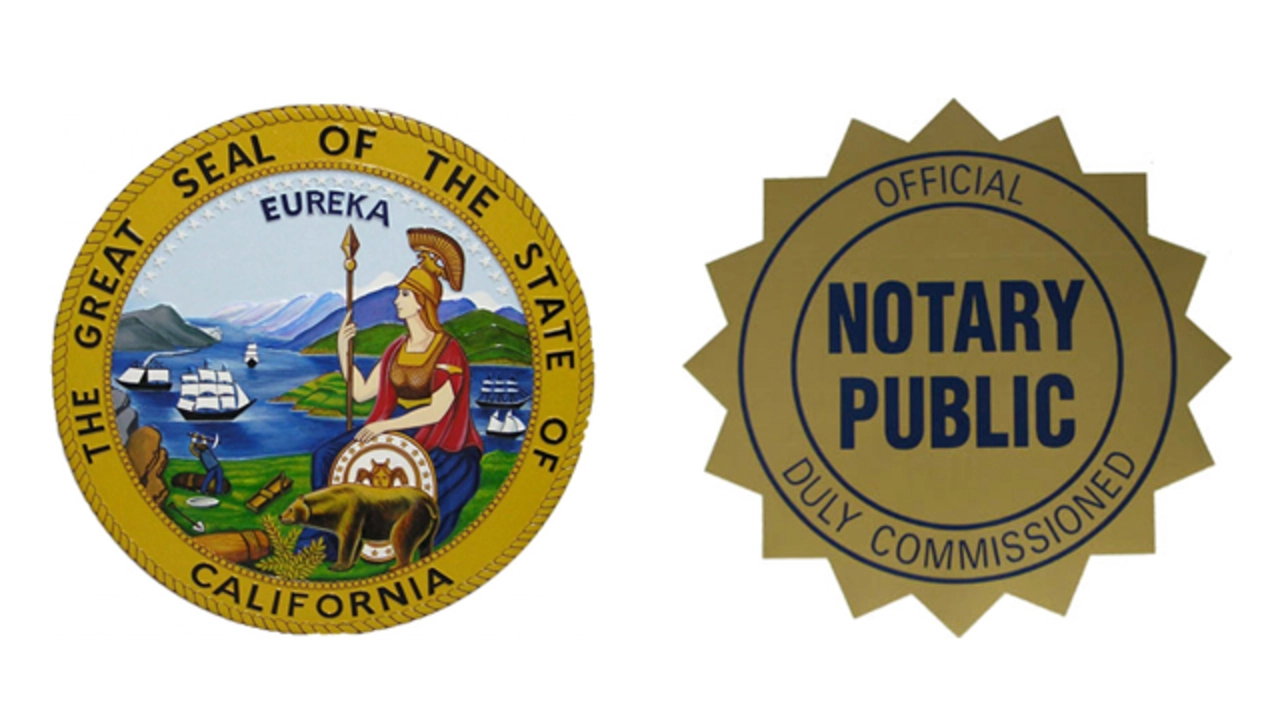California Notary Disqualifications: What Can Keep You From Becoming a Notary
If you’re thinking about becoming a notary in California, you probably have a list of steps in mind: study the handbook, take the exam, get the bond. What you might miss, though, are the roadblocks that can knock you out before you even start. Knowing these red flags lets you avoid surprise rejections and stay on track.
Common Reasons You Might Be Disqualified
Criminal record. California law bars anyone with a felony conviction involving fraud, deceit, or dishonesty from holding a notary commission. Even certain misdemeanors can raise flags, especially if they relate to document tampering. If you have a record, check with the Secretary of State to see whether an exception applies.
Residency requirements. You must be a legal resident of California and be at least 18 years old. A temporary address or a recent move can cause delays because the state needs proof of residency. Keep a utility bill or lease agreement handy to prove you live in the state.
Lack of required education. While California doesn’t force a formal class, the notary handbook is considered essential study material. Failing to review it can lead to poor exam performance, which is a common cause of disqualification.
Poor exam results. The notary exam is multiple‑choice and timed. A score below the passing threshold means you’ll have to retake the test, and repeated failures could be viewed as a lack of competence.
Failure to secure a surety bond. California demands a $10,000 surety bond before you can receive your commission. If you don’t get the bond or let it lapse, your commission can be revoked.
Incomplete or inaccurate application. Leaving blanks, misspelling your name, or providing outdated contact info can stall the process. Double‑check every field before you hit submit.
How to Keep Your Application on Track
Start by pulling a clean copy of your criminal background check. If there’s anything questionable, consider consulting a legal professional to see if a waiver is possible.
Gather proof of California residency early—think recent utility bills, driver’s license, or lease agreements. This paperwork often speeds up the approval stage.
Study the official notary handbook cover‑to‑cover. Many free online quizzes mimic the real exam, so use them to gauge your readiness. The more familiar you are with the material, the less likely you’ll stumble on tricky questions.
When you’re ready for the exam, schedule it during a time when you’re alert and free from distractions. A good night’s sleep and a quiet room can make a big difference in your score.
Secure your surety bond through a reputable insurer. The bond cost is usually modest, and the insurer will guide you through the paperwork. Keep the bond certificate in a safe place—you’ll need it when you apply for your commission.
Finally, review your application line by line. Mistakes are easy to miss when you’re rushing. A quick second glance can save you weeks of waiting.
Becoming a California notary is a straightforward path if you avoid the common pitfalls. By checking your background, proving residency, mastering the handbook, acing the exam, and getting the bond, you set yourself up for a smooth commission. Got more questions? Keep the conversation going in the comments—people love sharing tips that saved them from a disqualification. Good luck, and enjoy the new responsibility of serving your community as a notary!
